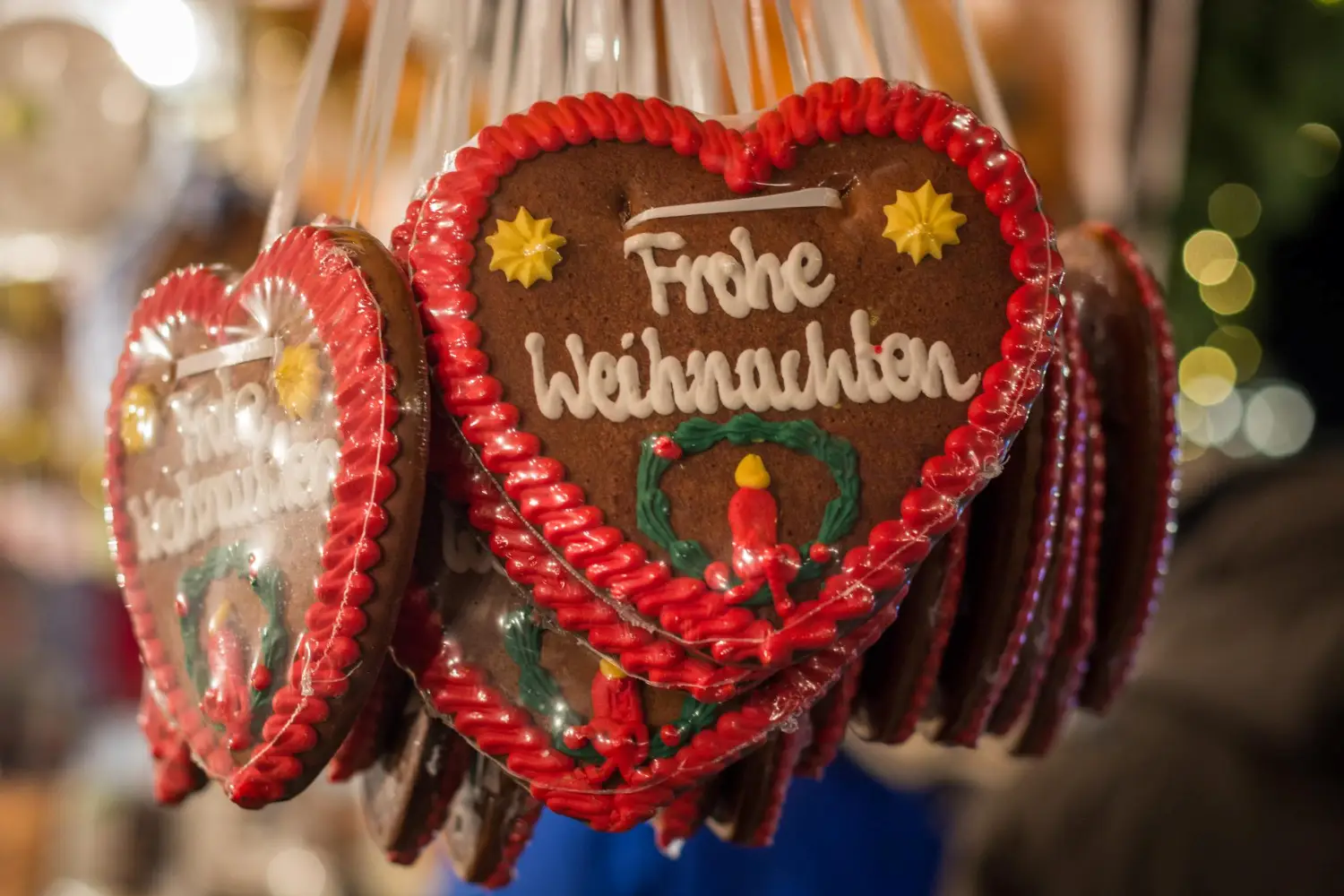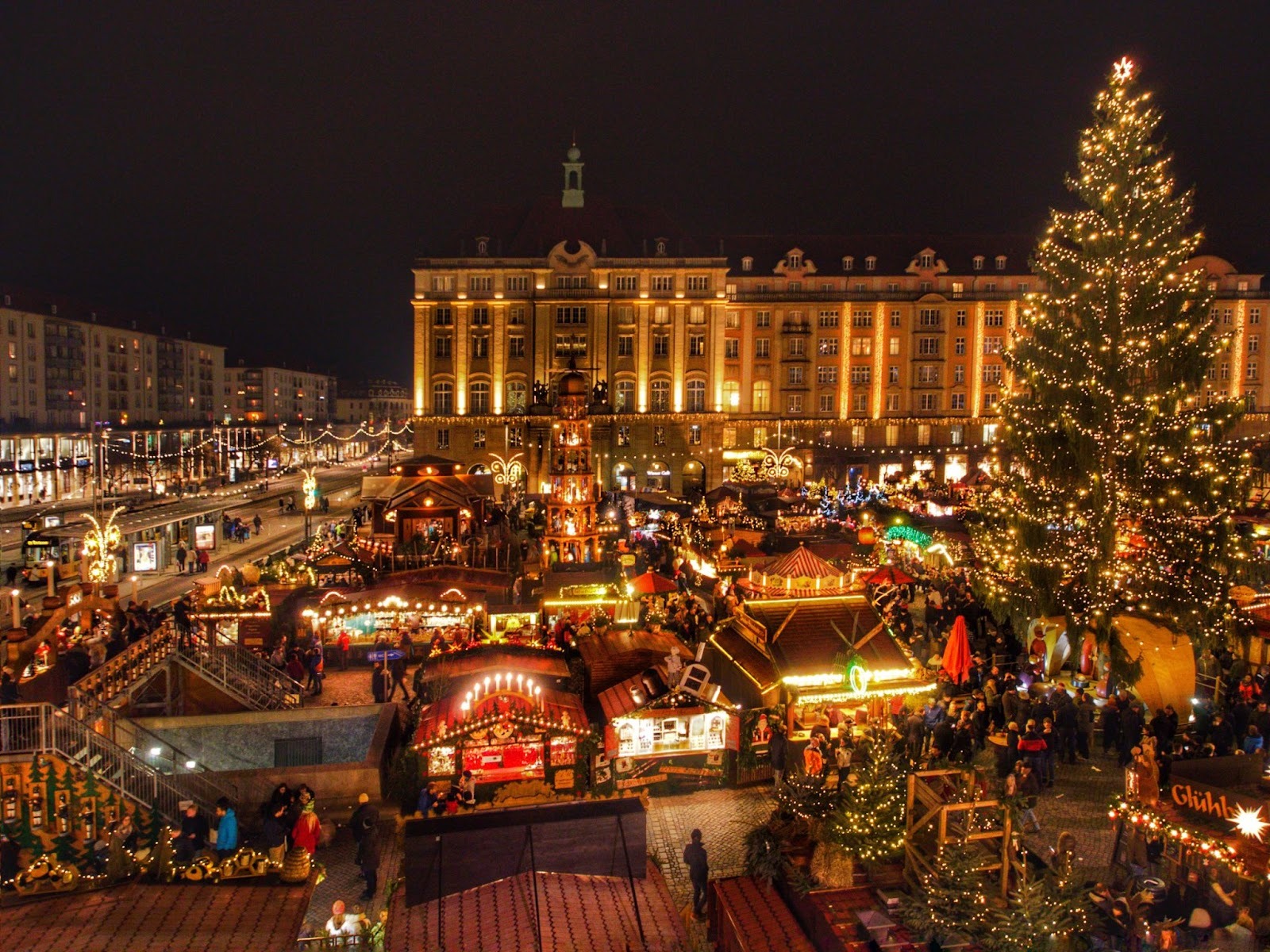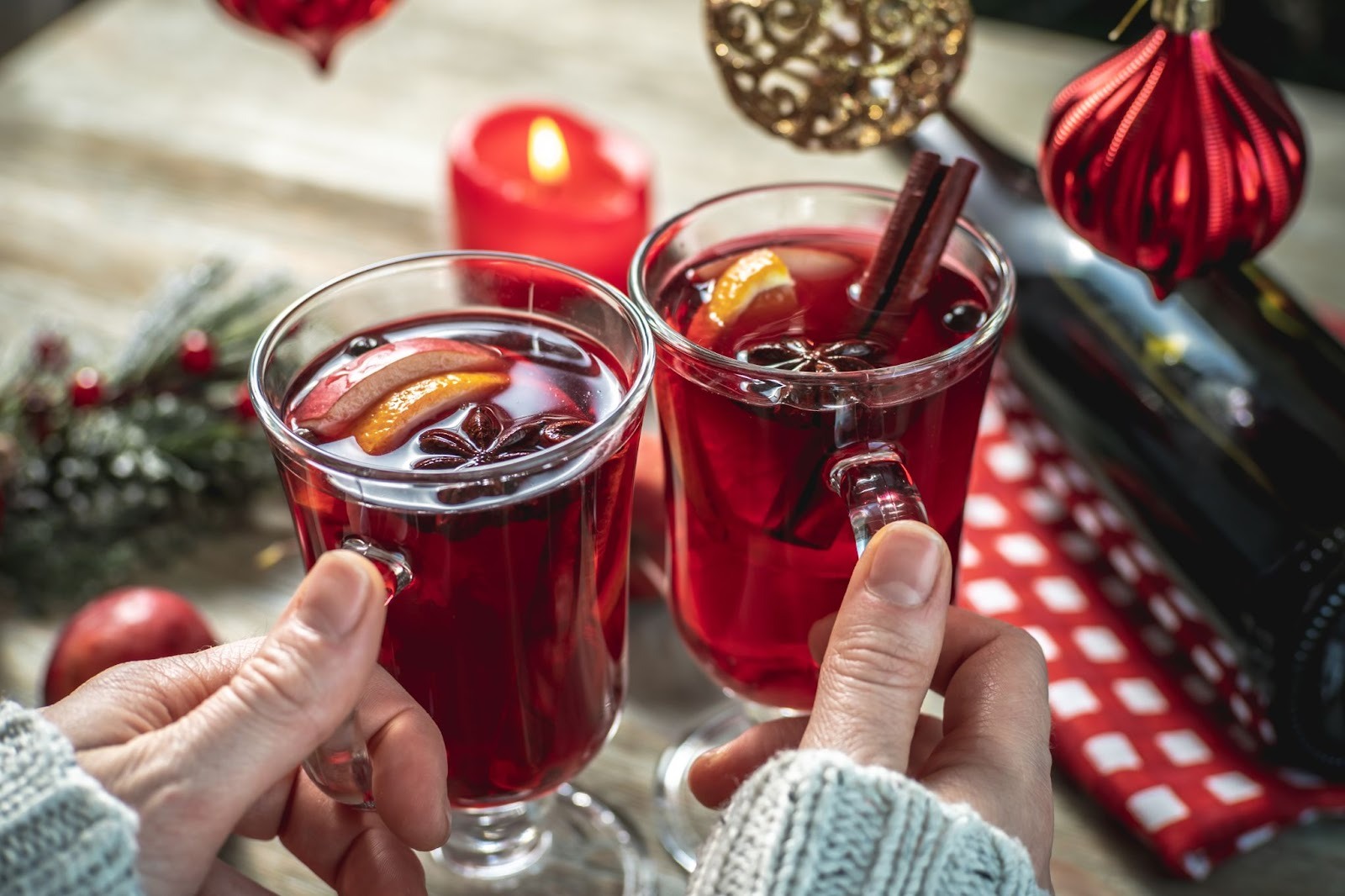
Berlin in December is candle-lit chaos with a contemplative core. You don’t need perfect German to belong—you need the right words at the right moments. This is your modern, purposeful walk through Weihnachtszeit (Christmas season): translations woven into real scenes, micro-stories that show how Berliners use the language, and a few handpicked reads to steer your month.
By the first Advent Sunday, the building smells like cinnamon and radiator heat. Someone leaves a plate of Plätzchen (holiday cookies) on the entry table with a sticky note: “Nehmt euch gern” (help yourselves). You thank them with Schöne Feiertage (happy holidays) and mean it. That’s Weihnachtszeit—gentle, communal, lightly organized.
Two floors up, an aunt lights the second candle on der Adventskranz (Advent wreath). Nobody explains; nobody needs to. The flame is the explanation: slow down and let the week arrive. Each morning, someone opens a tiny door on der Adventskalender (Advent calendar). Adults pretend it’s for kids, then race everyone to door 17. On der Nikolaustag (St. Nicholas Day, Dec 6), clean Stiefel (boots) appear outside apartments; by sunrise they’re full of tangerines and chocolate. Practical magic, Berlin style.
If you’re syncing December with the wider season in the city, these roundups help you plan the lead-up nights and the after-hours energy: Christmas in Berlin 2025 and New Year’s Eve in Berlin 2025.

At your first Weihnachtsmarkt (Christmas market), don’t overthink it. Wrap your hands around a hot mug and say: Einmal Glühwein, bitte (one mulled wine, please). The stallkeeper mentions Pfand (cup deposit). Keep the mug as a souvenir or return it to the same stand for your coins back. If your cheeks are still cold, try Glühwein mit Schuss (mulled wine with a shot—usually rum or Amaretto). Skipping alcohol? Kinderpunsch (non-alcoholic punch) is the same ritual without the wobble.
A family beside you is eating Reibekuchen/Kartoffelpuffer (potato pancakes) with Apfelmus (applesauce). You end up sharing a bench and calendars: they unwrap gifts on Heiligabend (Christmas Eve) during die Bescherung (gift-giving), and spend der erste Weihnachtstag / der zweite Weihnachtstag (Dec 25/26) walking off the feast in Tiergarten. Same tenderness, different schedule. Language shrinks the distance.
Germans appreciate timing and tone. Use the right phrase, and people soften a little.
At dinner, you’ll hear Guten Appetit (enjoy your meal) before the first fork, and you can safely praise the cook with Schmeckt gut! (tastes good!). If someone hands you Stollen at the door, Das ist sehr nett von Ihnen (that’s very kind of you—formal) is gracious without being stiff. When you arrive, Danke für die Einladung (thank you for the invitation) carries you across unfamiliar thresholds; if the conversation flips into dialect and tax law, Ich verstehe nur Bahnhof (I only understand “train station” = I’m totally lost) disarms the room and buys you gentler German—or a switch to English.
Die Adventszeit (Advent season) is the month-long pacing device that keeps December intentional. Der Weihnachtsmann (Santa) or das Christkind (the Christ Child, often angelic) depends on household mythology—north/south, Protestant/Catholic—but the result is the same: joy. Children write a Wunschzettel (wish list). Grown-ups write budgets.
On Heiligabend (Dec 24), the room hushes. Der Weihnachtsbaum (Christmas tree) is often decorated that day; lights settle; someone reads a poem; the bell rings; die Bescherung begins. It’s spiritual without speeches, modern without irony. The next two days—der erste Weihnachtstag and der zweite Weihnachtstag—run quieter: walks, calls, leftovers, naps. The city contracts in a good way.
Want the cultural backdrop that makes expat life feel less random? Pair this guide with two scene-setters that shape December’s mood and the weeks around it: How Germans Celebrate Friendship (on social rituals like Stammtisch and the softer rules of togetherness) and, for the inevitable post-holiday exhale, Berlin Night Clubs Guide 2025 (because a city that prays with candles also heals with bass).
A stranger offers gebrannte Mandeln (roasted almonds). You answer, “Danke, das ist sehr nett von Ihnen.” She smiles, “Guten Appetit.” You take a handful, then say “Schmeckt gut!” and mean it. Three lines, 90% of December: gratitude, appetite, kindness.
Grandma rings a bell. The youngest reads their Wunschzettel—one big wish, one small wish, and one for someone else. Someone cries at socks (long story). A plate of Pfannkuchen (jelly doughnuts) waits for Silvester (New Year’s Eve). At midnight on the 31st, balconies become launchpads and the courtyard fills with Feuerwerk (fireworks). Someone sings “Ein Prosit!” (a toast!) and everyone answers “Prost!” (cheers!). You look up, whisper “Frohes neues Jahr,” and the city answers back with light.

You don’t need full grammar—just courage, please/thank-yous, and a smile.
“Einmal Glühwein, bitte” (one mulled wine, please).
“Mit Schuss?” (with a shot?) Rum or Amaretto are the standard.
“Kinderpunsch, bitte” (non-alcoholic punch, please).
“Zwei Bratwurst, bitte” (two grilled sausages, please).
“Kartoffelpuffer mit Apfelmus, bitte” (potato pancakes with applesauce, please).
At restaurants and stalls, tipping is a soft skill. Germany is neither “no tip” nor “20% or else”—it’s the land of rounding up and context. When in doubt, this explainer keeps the card-reader panic low and the manners high: Tipping in Germany.
Memorials ask for quiet—no climbing, no posed shoots, voices low. Intangible Queues are a social contract: hold your place, close the gap, breathe. Keep a one-euro coin for lockers and returns; Pfand mugs go back to the same stand. Most of all, respect the time boundaries—Einen guten Rutsch before midnight, Frohes neues Jahr after. It’s a tiny switch that reads as fluent in culture, not just language.
1. Weihnachtszeit — Christmas season
2. Weihnachtsmarkt — Christmas market
3. Heiligabend / die Bescherung — Christmas Eve / gift-giving
4. Der erste / Zweite Weihnachtstag — Dec 25 / Dec 26
5. Adventskranz / Adventskalender — Advent wreath / calendar
6. Nikolaustag — St. Nicholas Day
7. Weihnachtsmann / Christkind — Santa / Christ Child
8. Wunschzettel — wish list
9. Weihnachtsbaum — Christmas tree
10. Plätzchen — holiday cookies
11. Glühwein / mit Schuss / Kinderpunsch — mulled wine / with a shot / alcohol-free punch
12. Reibekuchen / Kartoffelpuffer — potato pancakes
13. gebrannte Mandeln — roasted almonds
14. Pfannkuchen / Berliner — jelly doughnut
15. Silvester — New Year’s Eve
16. Feuerwerk — fireworks
17. Ein Prosit / Prost — a toast / cheers
18. Guten Appetit / Schmeckt gut — enjoy your meal / tastes good
19. Das ist sehr nett von Ihnen — that’s very kind of you (formal)
20. Danke für die Einladung — thank you for the invitation
21. Ich verstehe nur Bahnhof — I’m totally lost
What makes Berlin winter moving isn’t just the lights or the markets—it’s the choreography of care. Candles that slow time. Words that fit moments. Food that warms more than hands. Learn a handful of phrases, follow the calendar’s quiet logic, and you’ll notice the city noticing you back.
Want more days that feel like yours? Read the latest city guides and expat-smart explainers on Expats Magazine by A4ord and plan your next purposeful
Whether you're moving or settling in Germany, A4ord.de ensures trusted experts are just a click away.